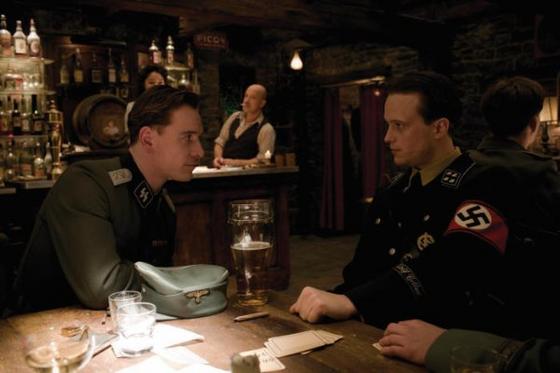May 1, 2021
The Oxford Apostrophe
As some of you know, I have been a tireless advocate for the Oxford Apostrophe that adds an extra apostrophe after the final apostrophed word in a series. Failing that, the OA calls for the totally needless insertion of apostrophes.
I know you mocked me for it; I could hear you all snickering during my every quiet moment. But once again I was merely ahead of my time:
Last night I watched a very bad John Wick wannabe movie, “24 Hours to Live“, mainly because it stars Ethan Hawke at his least poetic. Although the dialogue mainly consists of gunshots and last gasps, I had closed captioning on. Here are some screencaps:
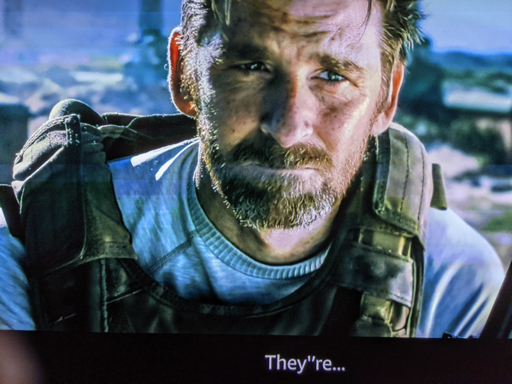
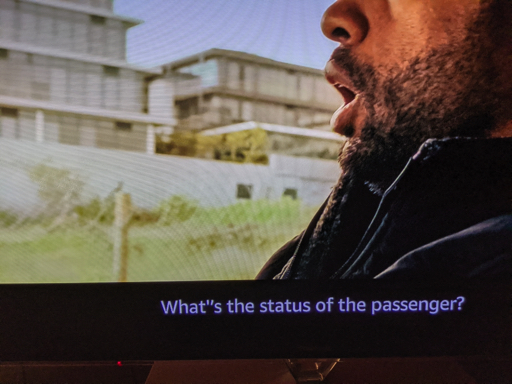
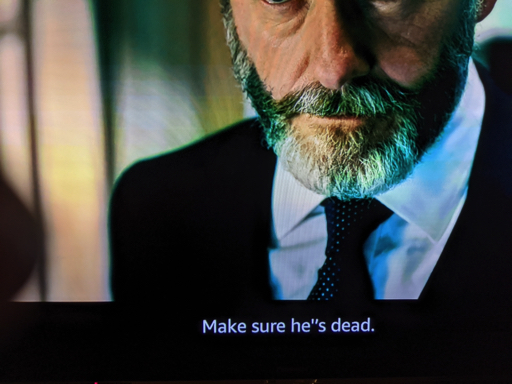
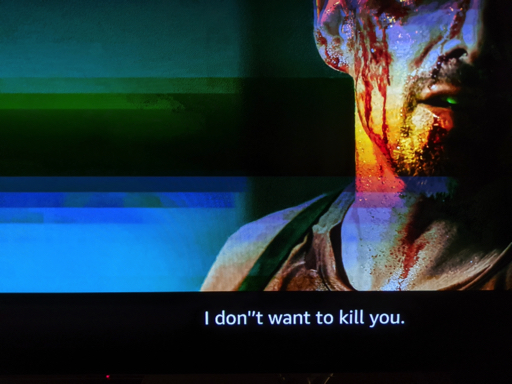
I watched the entire thing again, and then sent it to Arizona for a recount, and this movie is 100% consistent in its embrace of the Oxford Apostrophe.
It’s happening, people. It’s happening.








